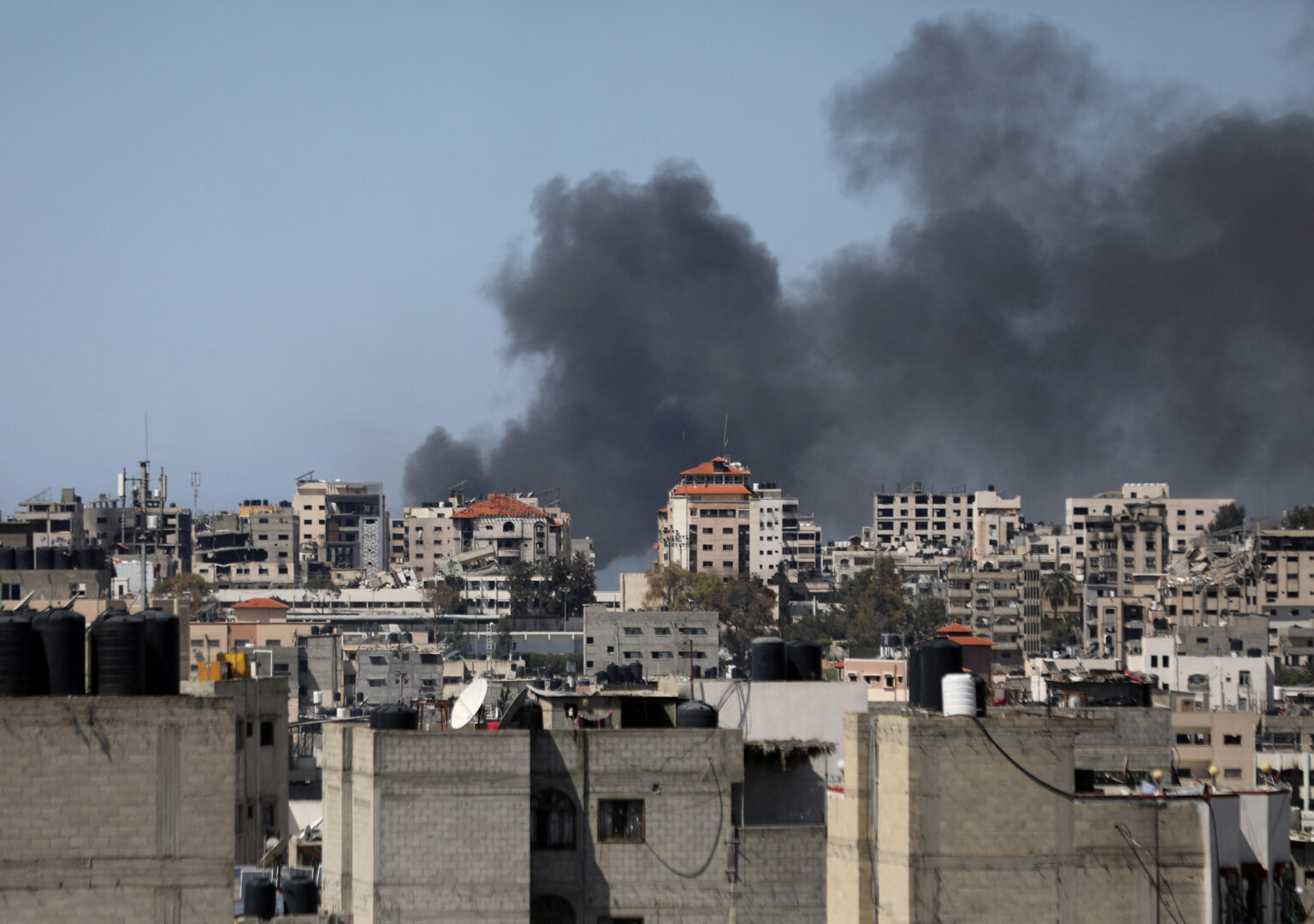US pushes for a Gaza ceasefire with Israel amid intense negotiations facilitated by Qatar.
Amid the ongoing conflict between Israel and Hamas, diplomatic efforts to broker a Gaza ceasefire have intensified, with the United States taking a leading role in advocating for peace. As negotiations continue in Qatar and pressure mounts on Israel, the U.S. has proposed a resolution at the United Nations Security Council calling for an immediate cessation of hostilities in Gaza. This article explores the latest developments in the conflict, the challenges to achieving a ceasefire and the implications of the U.S. initiative.
The conflict in Gaza, which has persisted for months, has resulted in significant civilian casualties and humanitarian suffering. With the situation deteriorating, diplomatic efforts to end the violence have gained momentum. Qatar has emerged as a key mediator, facilitating negotiations between Hamas and Israel. At the same time, the United States has intensified its engagement, seeking to leverage its influence to bring about a Gaza ceasefire.
The United States’ proposal for a Gaza ceasefire resolution at the UN Security Council represents a significant shift in its approach to the conflict. Previously, the U.S. had been reluctant to endorse calls for an immediate cessation of hostilities, opting instead for a more cautious stance. However, mounting international pressure and growing concern over civilian casualties have compelled the U.S. to take a more assertive position.
The proposed resolution calls for an immediate and sustained Gaza ceasefire, aimed at protecting civilians and facilitating the delivery of humanitarian aid. It also expresses support for the mediation efforts in Qatar and underscores the importance of releasing hostages and detainees as part of the ceasefire agreement. Additionally, the resolution emphasizes the need for accountability and justice for victims of the conflict.
Despite the diplomatic initiatives and proposals for a ceasefire, significant challenges remain. One of the main obstacles is the divergence in objectives between Hamas and Israel. While Hamas insists on a comprehensive agreement to end the conflict, Israel favors a temporary pause in hostilities. Bridging this gap and securing a mutually acceptable ceasefire agreement will require sustained diplomatic efforts and concessions from both the sides.
Another challenge is the reluctance of some Security Council members to endorse the proposed resolution. Russia and China, in particular, have expressed their reservations about the resolution, citing concerns about its implications for regional stability and security. Achieving consensus within the Security Council will be essential for the resolution to be adopted and implemented effectively.
Amidst the diplomatic maneuvering and political debates, the humanitarian crisis in Gaza continues to deepen. Severe food shortages, inadequate healthcare facilities and widespread displacement have massively exacerbated the suffering of the civilian population. The targeting of essential infrastructure, including hospitals and schools, has further compounded the humanitarian challenges facing Gaza.
The proposed Gaza ceasefire offers a glimmer of hope for alleviating the humanitarian crisis and providing much-needed relief to the people of Gaza. However, the success of any ceasefire agreement will depend on its implementation on the ground and the willingness of all parties to adhere to their commitments. Additionally, sustained international support and assistance will be crucial for addressing the long-term humanitarian needs of Gaza’s population.
As the diplomatic efforts to broker a ceasefire in Gaza intensify, the United States’ proposal for a resolution at the UN Security Council represents a significant step towards ending the conflict and addressing the humanitarian crisis. While a huge number of challenges and obstacles remain, the international community must remain committed to pursuing peace and stability in the region. Achieving a ceasefire will require compromise, dialogue and concerted efforts by all parties involved.
